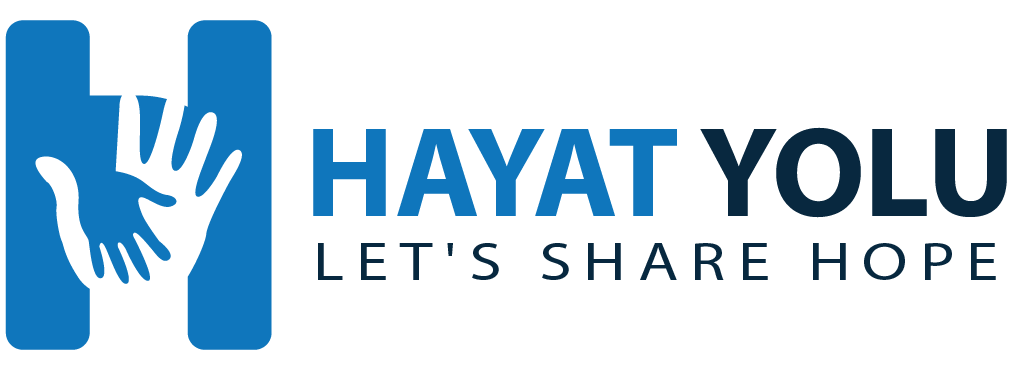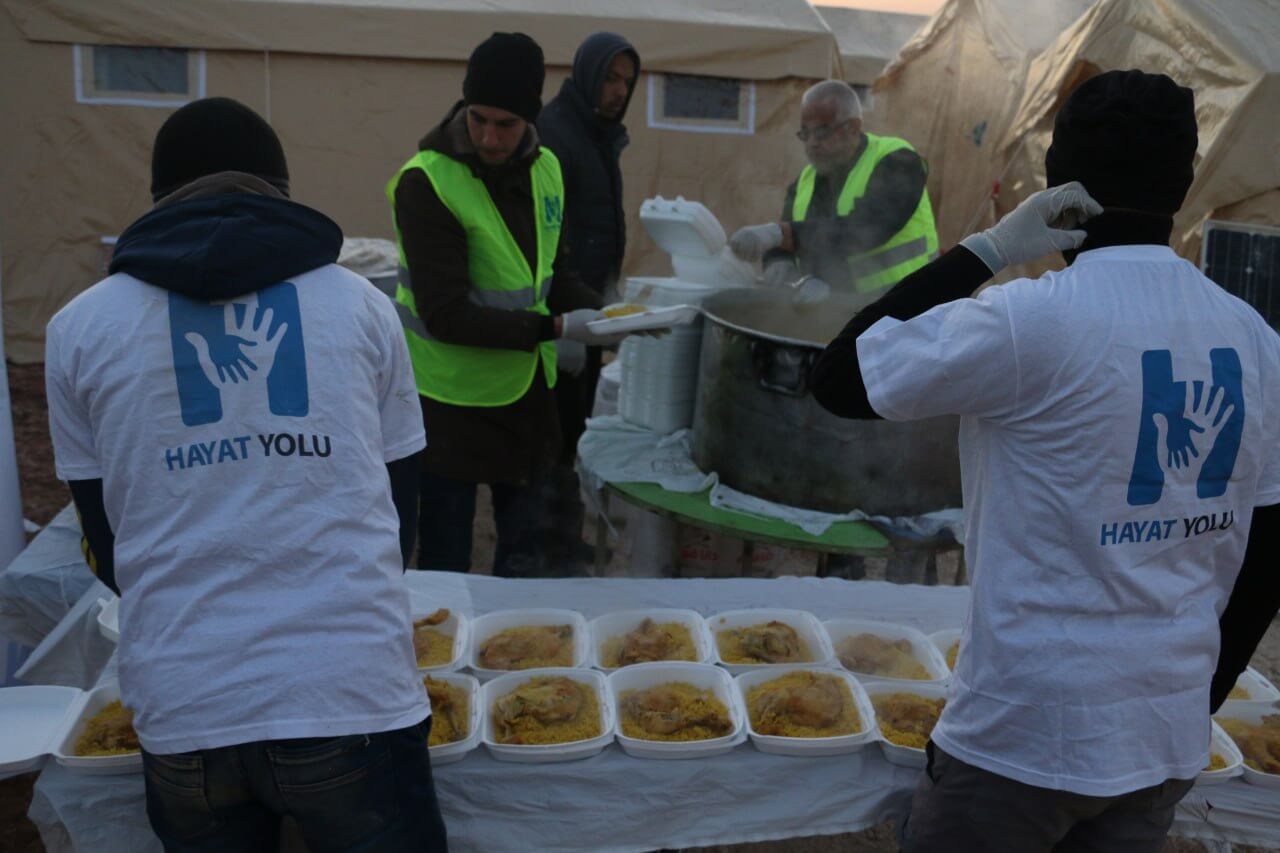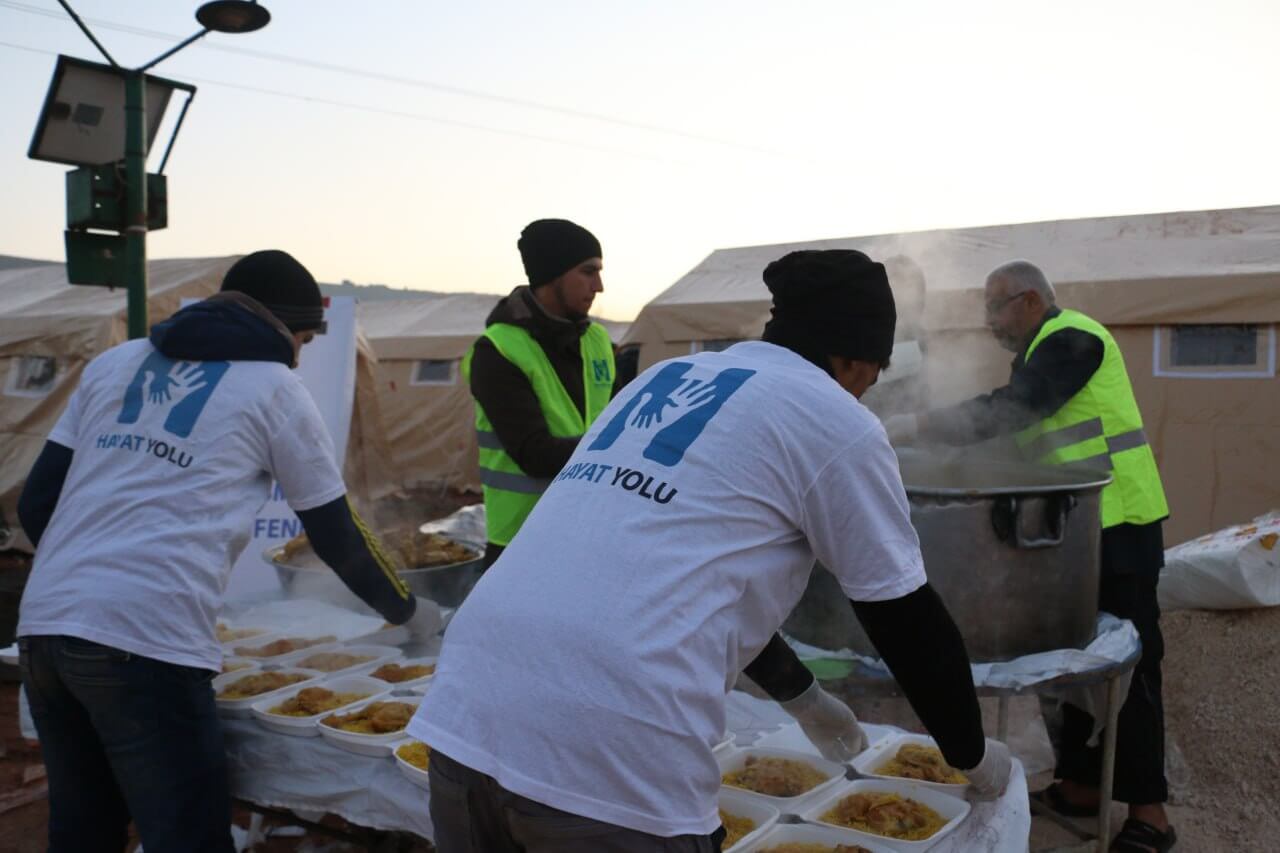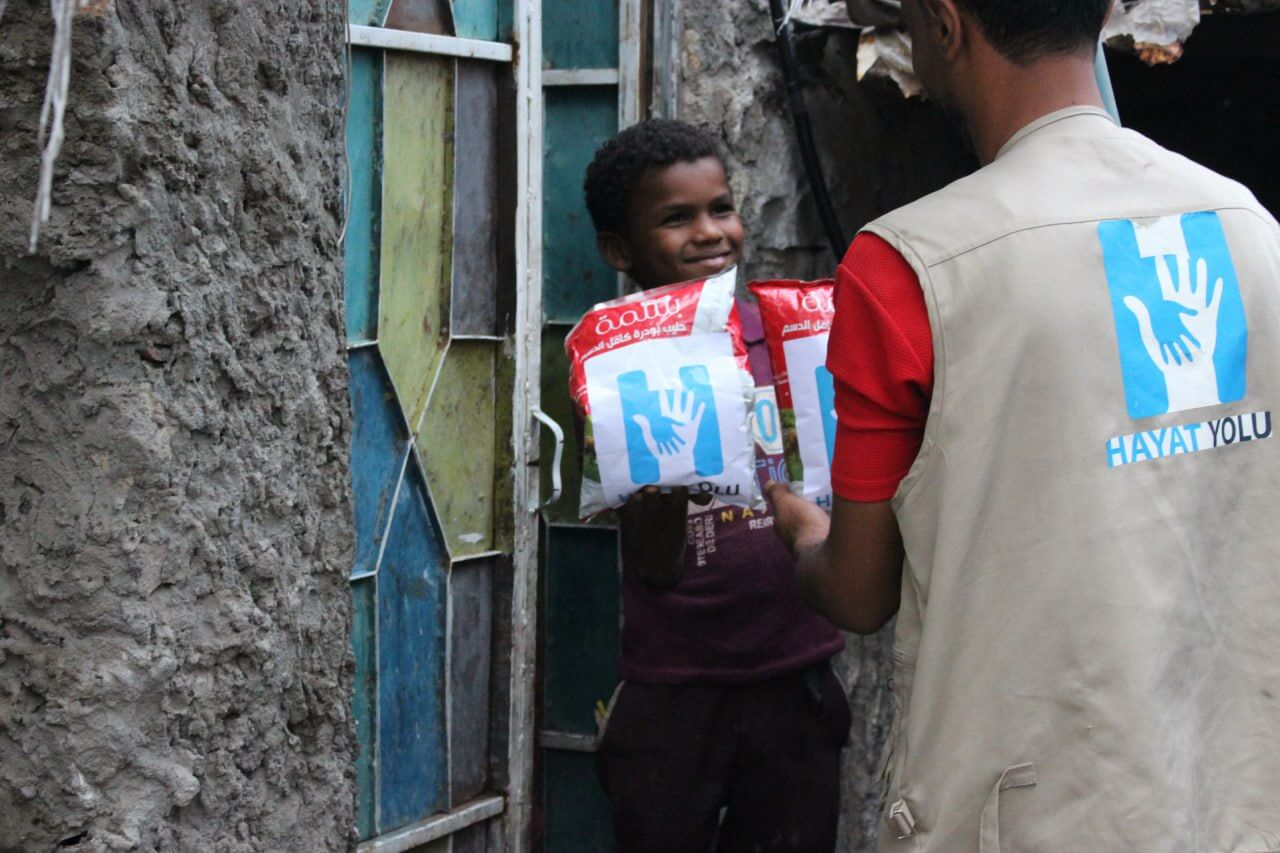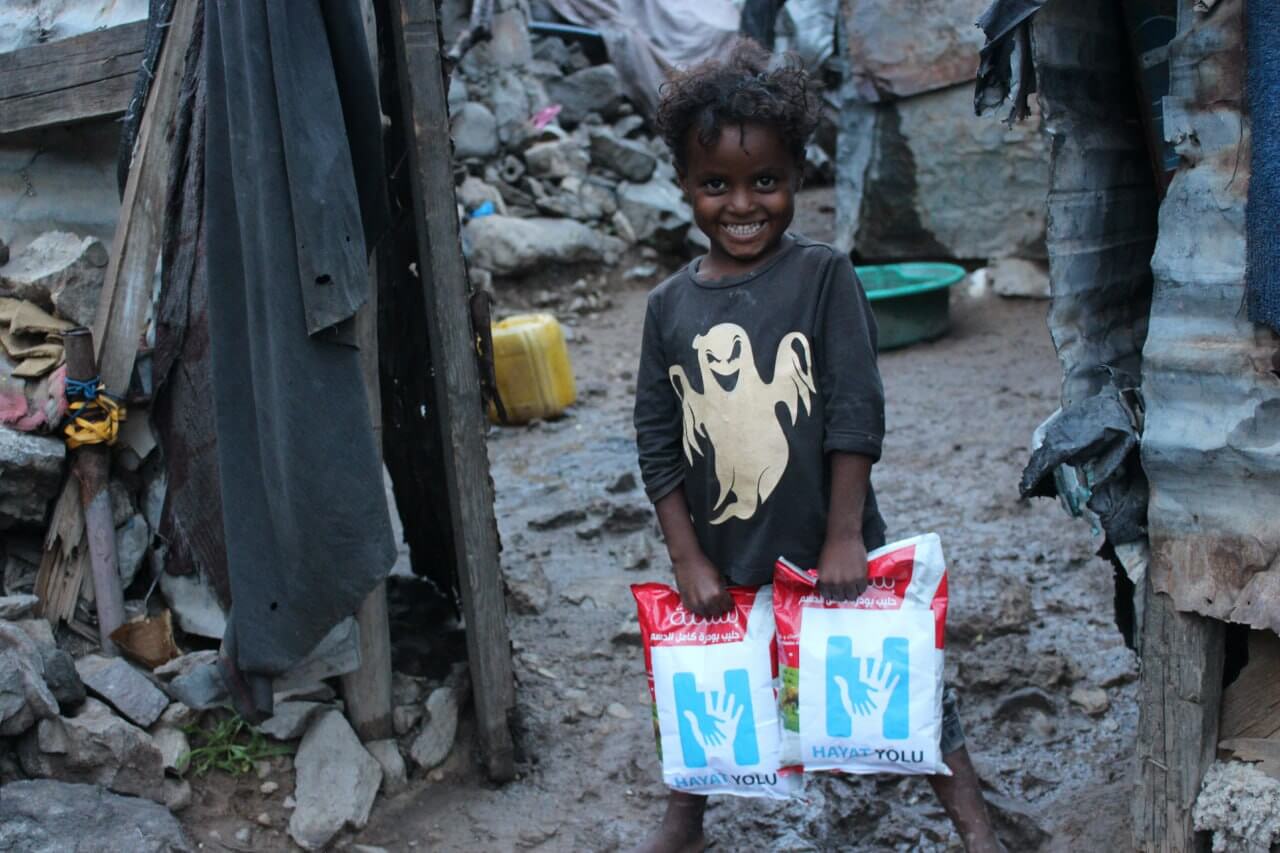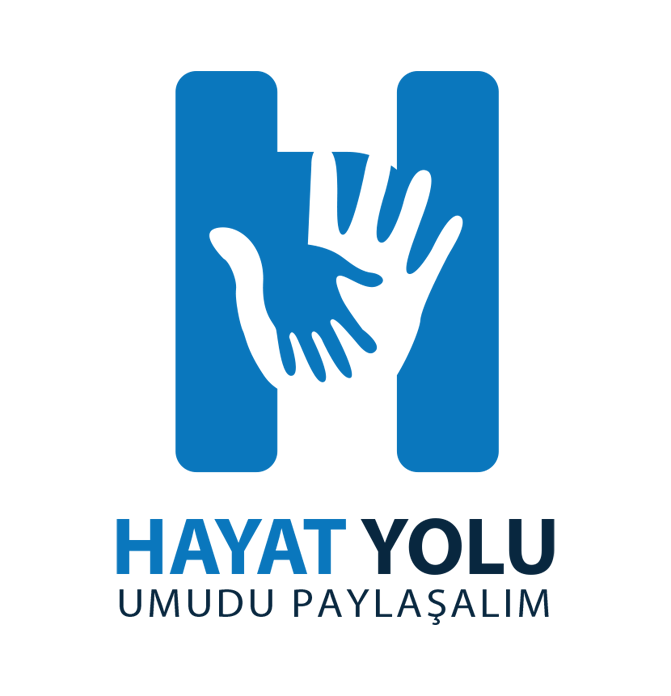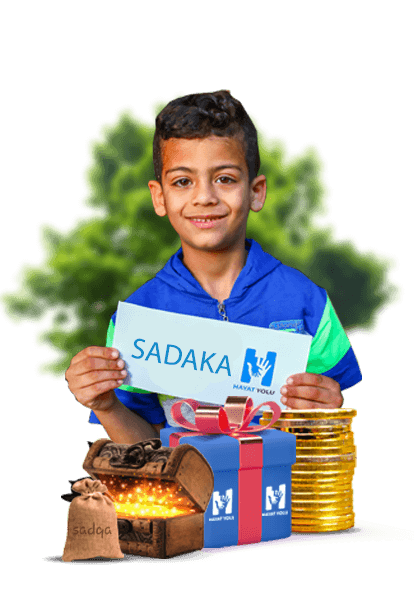Somalia

About the country
About Somalia
The humanitarian crisis in Somalia is one of the longest and most complex in the world. The country is experiencing both armed conflict and worsening climatic shocks across different regions, a dangerous combination that has resulted in massive displacements, both within Somalia and across its borders.
For decades, poverty, marginalization, armed violence, insecurity, political instability, natural hazards and lack of development have driven up humanitarian needs in Somalia The humanitarian situation in Somalia has seen a rapid deterioration since 2011 due to unprecedented drought when a famine killed over a quarter of a million people.
Displaced people, particularly children, mothers and the elderly are now facing serious hunger, health and protection risks in an area already receiving little to no humanitarian assistance due to insecurity and conflict.
The country has experienced extended violent conflict for nearly three decades. In recent years, non-state armed groups have carried out bombings, suicide attacks, armed assaults and kidnappings. At the same time, military operations have resulted in the sporadic death, injury and displacement of civilian populations.
On top of that, Somalis are exposed to serious risks from the outbreak of diseases such as cholera, measles and diarrhoea, spread easily in congested living conditions and where there is a lack of clean water and sanitation.
- Statistics for Somalia
- Hayat Yolu in Somalia
About the country
Statistics for Somalia
- 6 million people are internally displaced as a result of drought, conflict and flooding.
- 4 million people out of the 15 million living in the country were estimated as food insecure,
- 8 million people live in acute poverty.
- 1 million children are at the verge of malnutrition.
- 1 of 7 children die before they reach five years old

About the country
Hayat Yolu in Somalia
- 2,000 families received food support.
- 20000 families received Qurbani meat.
- 15 water wells have been drilled.

Story from Somalia
Stories of suffering
“I have never seen something like this the whole of my life,” laments 65-year-old Marian.* Marian lives in a camp for displaced people in Mogadishu, the capital of Somalia. She has lived in the camp since 2016 when she and her family fled war in a neighboring province. She shares a two-room house with her daughter and six grandchildren aged between three and 10 years.
“It was just before 3am. This is the time when there is the call for prayer. The camp houses are near each other, and I could hear people talking — and then a lot of commotion. No one was spared. Mothers were yelling and calling out for help.”
Marian gathered her courage. Her house was full of water; dishes, clothes and jerry cans were floating. She hurriedly woke up her daughter and grandchildren. Luckily, the neighbours had organized all the men to come and rescue children and women, leading them to higher ground. “We are already displaced from our original home and we didn’t have anywhere to go,” she said.
Marian is among the more than a half million people affected by floods in Somalia; nearly all of whom were already displaced. Heavy “Deyr” seasonal rains started in early September in parts of Somalia and the Ethiopian Highlands, resulting in flooding across three states. Farmland, infrastructure, and roads have been destroyed in some of the worst-hit areas, and at least 17 deaths have been reported.
While continuing with our ongoing response to the protracted crisis in Somalia, Medair works with local partners, national and local authorities to scale up flood response in affected areas, where those most impacted are the already vulnerable displaced people.
Medair has provided health and nutrition services, and water and sanitation (WASH) to flood affected families in two districts. To date, Medair has supported more than 10,000 beneficiaries with emergency WASH services including, cholera prevention, water treatment chemicals, emergency hygiene kits, and hygiene promotion information. More than 1,000 families received plastic sheets for emergency shelter.
A mobile team provided medical consultations and treatment for children with severe acute malnutrition. Working with community health volunteers, Medair promoted awareness of how to prevent water-borne diseases including cholera, and when to seek health care. Oral rehydration salts and zinc tablets were issued to these health promoters who were trained to screen and treat symptoms before referring patients in need of care to health facilities.
“We lost everything: from food to clothes and belongings, but, Alhamdulilahi**, we are all alive! God is great,” Marian said. She and her family received an emergency distribution of plastic sheeting for shelter, soap and other hygiene supplies, and jerry cans and aquatabs for treating and storing water.
